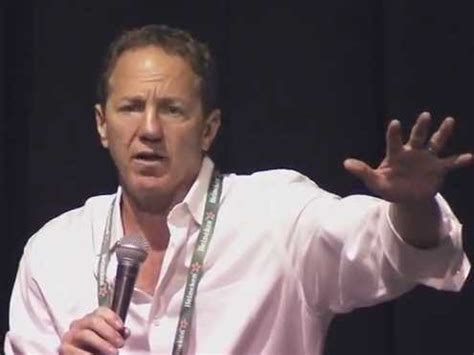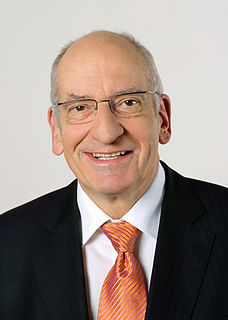A Quote by Philip Kotler
Companies pay too much attention to the cost of doing something. They should worry more about the cost of not doing it.
Related Quotes
Do you think you can love too much? Or experience too much beauty, at the cost of too much pain? Do you think when art is defined by expressing so much beauty and so much pain, just to be able to cope with both - and bring other people something creatively beautiful at the cost of that pain - that we can draw a line of 'normalcy'? It's important to think about.
The cost of research, development and testing of a new drug is vastly greater than the cost of each dose produced. How should we pay for new medicines? Innovators should be rewarded according to the impact of their medicine, and people should contribute to these rewards according to their ability to pay.
The companies that provide debt, what do you think their goal is? Is their goal for you to fully understand the cost of your debt? No. So they're basically creating these approaches to make you feel like it is incredibly cheap or just to think about the cost per day rather the cost per year or cost for a lifetime. So debt is very simple mistake.
The Internet is the first technology since the printing press which could lower the cost of a great education and, in doing so, make that cost-benefit analysis much easier for most students. It could allow American schools to service twice as many students as they do now, and in ways that are both effective and cost-effective.
If you look at the expenses of a great pharmaceutical company, they pay between about 10 to 15 percent of their expenses for research, but they use 30 to 40 percent of their incomes for marketing and promotion. It is not completely wrong that they spend so much, but it is not correct to say that there is a direct connection between the price of drugs and the cost of research. It could be more between the cost of marketing and the cost of the drugs.
Whether for company or isolation or just to make it a pleasurable experience, I have music in my ears all the time. I tend to listen to the same things, so I don't really pay too much attention to it. But it's there, and it's nice, and I do pay more attention to it than I probably should. I think, 'How can I use this music in something?'


































